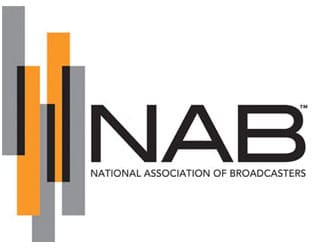The FCC on Thursday (4/20) received a petition for rulemaking from the NAB regarding the potential interference caused by FM translators to full-power radio stations.
Specifically, the NAB proposed certain rule and policy changes designed to provide translator licensees greater flexibility to resolve any interference issues, and to facilitate “the efficient disposition of interference complaints against translators.”
In its plea to improve the Commission’s translator interference complaint process, the NAB acknowleges that translators are an increasingly important part of radio broadcasters’ service to the public. But, as the use of translators has grown, so has the risk of interference to full-power FMs, it contends.
“As a secondary service, it is the responsibility of translator licensees to cure any such interference,” a team of key NAB leaders note. “Under the Commission’s rules, a new translator will not be authorized if it is likely to interfere with an authorized broadcast service, nor will an existing translator be allowed to continue to operate if it causes actual interference. However, despite these directives, the process for resolving interference conflicts can be time-consuming and expensive, as well as a strain on the Commission’s resources.”
What does the NAB suggest?
“We propose that Section 74.1233 of the rules be amended to allow translators to move anywhere on the FM dial (instead of only to an adjacent or IF-related channel) to resolve interference, as a minor change,” it suggests. “This additional flexibility will enable more translator licensees to efficiently cure interference by simply changing channels.”
NAB also suggests certain procedural changes to improve the process for resolving interference complaints against translators.
“First, we propose that an actionable complaint should be supported by interference complaints from at least six different listeners to the desired FM station, or perhaps more or less depending on the specific circumstances, such as whether the relevant service area is rural or urban,” the NAB offers. “Second, such complaints must be verifiable statements that include clear evidence that the complainant is a regular listener to the FM station and is unaffiliated with the station.”
Third, the NAB believes “actual interference must be shown from a sufficient number of locations to indicate a consistent problem,” and be confirmed by an “on/off” test, where practical.
Lastly, the NAB believes “an actionable complaint must document that the full-power station has used commercially reasonable practices to inform the relevant translator licensee of the claimed interference, to ensure an opportunity for the parties to cooperate on resolving the alleged interference without Commission involvement, and if an interference complaint is subsequently filed, resolution should be governed by a specific time limit (e.g., 90 days), with additional deadlines for the various interim steps in the process.”
The NAB also says it will initiate an effort to mitigate translator interference issues that requires no Commission action.
“Together with [the radio] industry, we will publish a series of best practices designed to help avoid and manage translator interference,” it says. “Relevant topics include how to properly engineer a translator to minimize the risk of interference to full-power stations, and ways to privately manage interference conflicts.”




